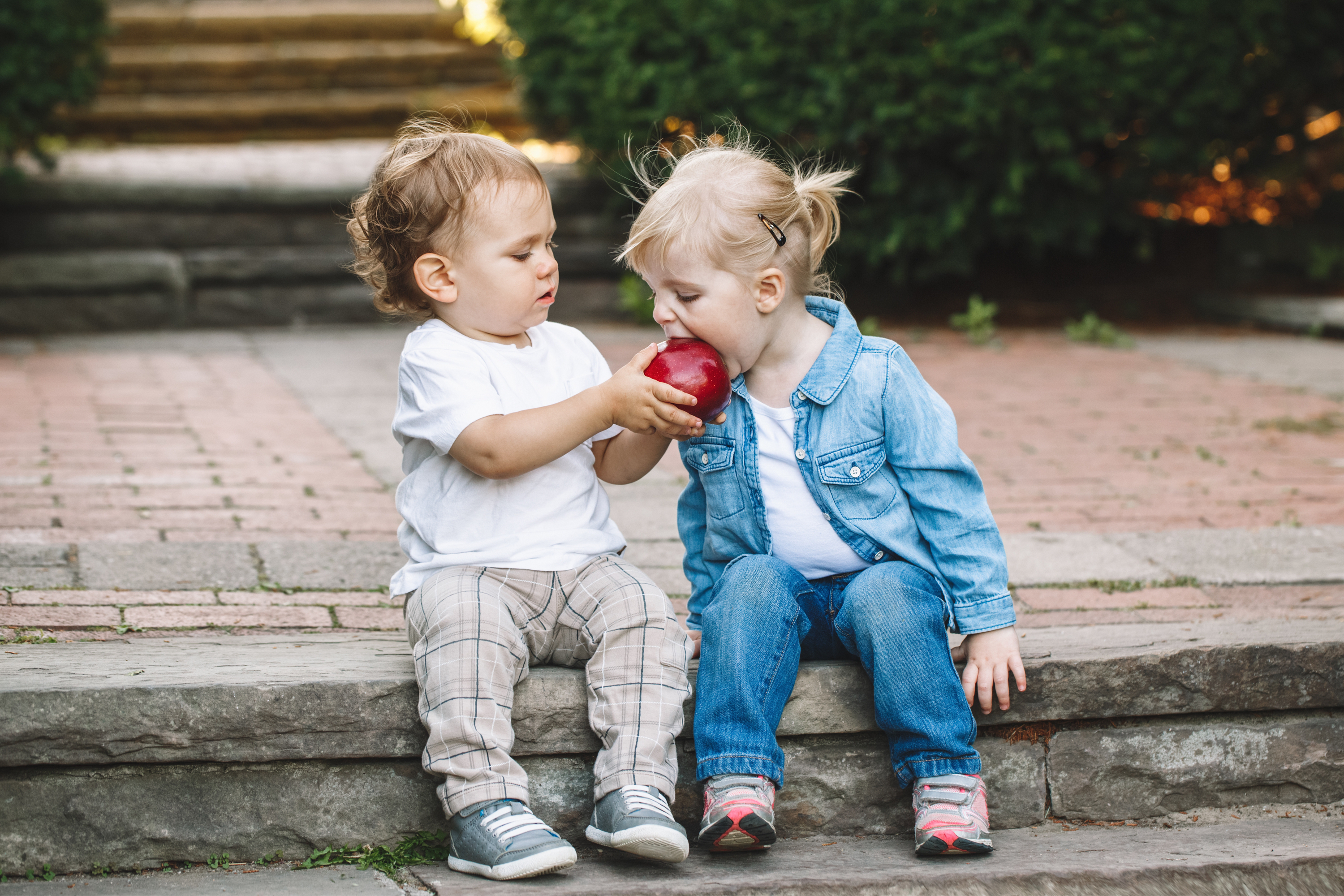
Last Updated on March 11, 2024
“That’s my ball. I want it now.”
“I want that blouse; you never let me get anything new.”
“I don’t want to do “that.”
” I want to go out with my friends.”
“I don’t like that food.”
“The coach should let me start in the game.”
Me, mine, I … sound familiar?
Translation: It’s your job as a parent to make sure I am happy. It’s everyone else’s job too. Please me. Cater to me. It’s my right.
Oh really? And where does that leave us as parents?
It leaves us feeling frustrated, feeling like failures and in the position of never satisfying our child. Enough is never enough. Kids will always want something else. They come by it naturally.
We, as adults, are just like children–the only difference is that hopefully somewhere along the way we were taught that life isn’t all about us. It’s about learning to love God and serve others.
Each of us comes into the world with the natural inclination to please ourselves, to look after number one, and to have everyone else do the same or we just might make their lives miserable. Simply put, we are selfish. Our culture caters to this. Advertisements promote what we just have to have. Parents compete with one another to have their child be the best, get the best opportunity, be first.
How do we raise kids, who are by nature self centered, in a culture that caters to this inclination which we know is not satisfying, not right and will only lead to more selfishness?
Here are five starter ideas to help us raise kids to become other-centered:
- Recognize that the normal, natural instinct is to be selfish, self centered. Understanding this will alert us to the need to be intentional in our training. The default mode will always be “satisfy me.” Putting others first is not natural. It has to be taught.
- Use everyday events to train our kids. “Let him go first.” “Let her sit by the window.” When you have a play date, make sure you have your child clean up before you leave their friend’s home.
- Use meal times for intentional conversations. Ask, “Who do you know who is especially thoughtful or kind to others? How have you seen them demonstrate this?” “Why do you think putting others first is important? What are some ways we can practice this in the next three days?” Let each family member determine one thing they will do. Then report back how it went.
- Plan a special family service project together. Rake a neighbor’s yard, cook double and take a meal to a tired young mom or a new family, or elderly person. Volunteer to serve somewhere. Clean someone’s house. Babysit for free.
- Write a letter to someone just to say I’m thinking about you. Or have little kids draw pictures and send them to a relative. Leave fall flowers with a note on the door steps of a person who could use some encouragement.
Teaching our kids to be other centered is a lifelong process. After all, we are still learning it ourselves! It helps to remember that we have to be intentional and that we can do this in a myriad of small ways.
Don’t expect results too quickly. It may take years to feel like you are making any progress! But you are!


I couldn't agree with you more when it comes to the me, myself and I syndrome. My husband and I have 6 children between us. Of those 6, four were always at home with us and raised in a Christian environment but not without challenges too. Giving to others was and is always a first priority on our list but somehow the the children started changing. I battle constantly with our only son and last child, regularly. His friends moms are way more understanding and cooler, he never gets to do anything he wants to do, we must let him know what is on the agenda first to see if he will attend, his teachers are out to get him, why can't he stay out all night at a friends house like all the other guys etc.
Now he is 17, loves spending time at camp giving every summer, but when he comes home it wears off due to the worldly friends and environment. What can we possibly do to help change his heart in his last year of school and last 6 months before he turns 18. His friends moms and I are all having the exact same problems and one friends child is only a freshman in school and is already saying what we regularly hear, "I can't wait till I am 18, I am outta here. My family stinks", etc. Is there still hope or are my scabby knees gong to bleed more! 🙂
P.S. The sassyness is amazingly annoying but in his defense…………all his sisters are grown, having challenges of their own as is expected in life. One sister more than others right now. Our son is very loving when he wants to be, hugs and cuddles with me still (even though he is soooo big) ugg. So I know he has a good heart. His unfounded words sometimes pierce my heart when he says we never wanted him or thinks he is a disappointment to us. I know he is trying his hardest to get his way at these times…. thinking if he makes us feel guilty he will get what he wants…. but it is hurtful. He loves the Lord, his sisters and us and always helps out at church, he is helpful to others, funny and very outgoing with a big soft spot in his heart. Soooo, where is this coming from and how do we handle it before it is too late?
Longwinded here again, but to sum it up. We raised all our children to give to other first, be sensitive and considerate but when they got older and started hanging out with the world they started adopting the "I come first" mentality, "Don't I matter more", "I deserve better" etc. These are the words of their worldly friends and instead of them being a light in the dark the dark is crowding in on their light!